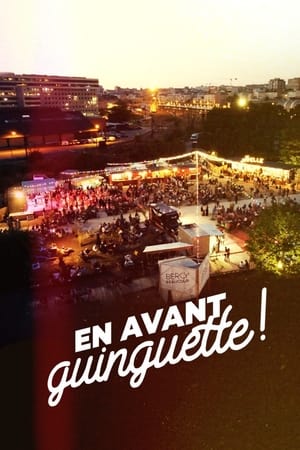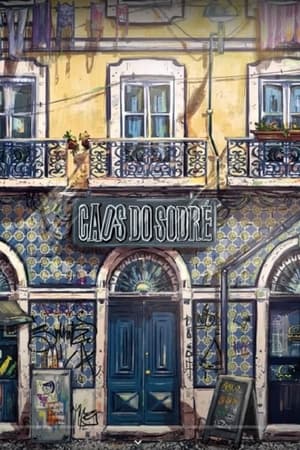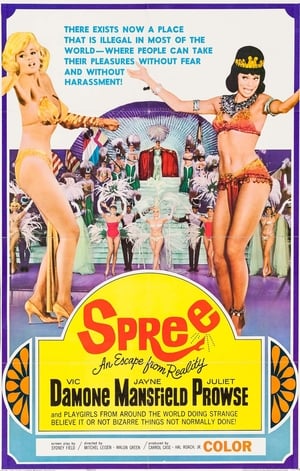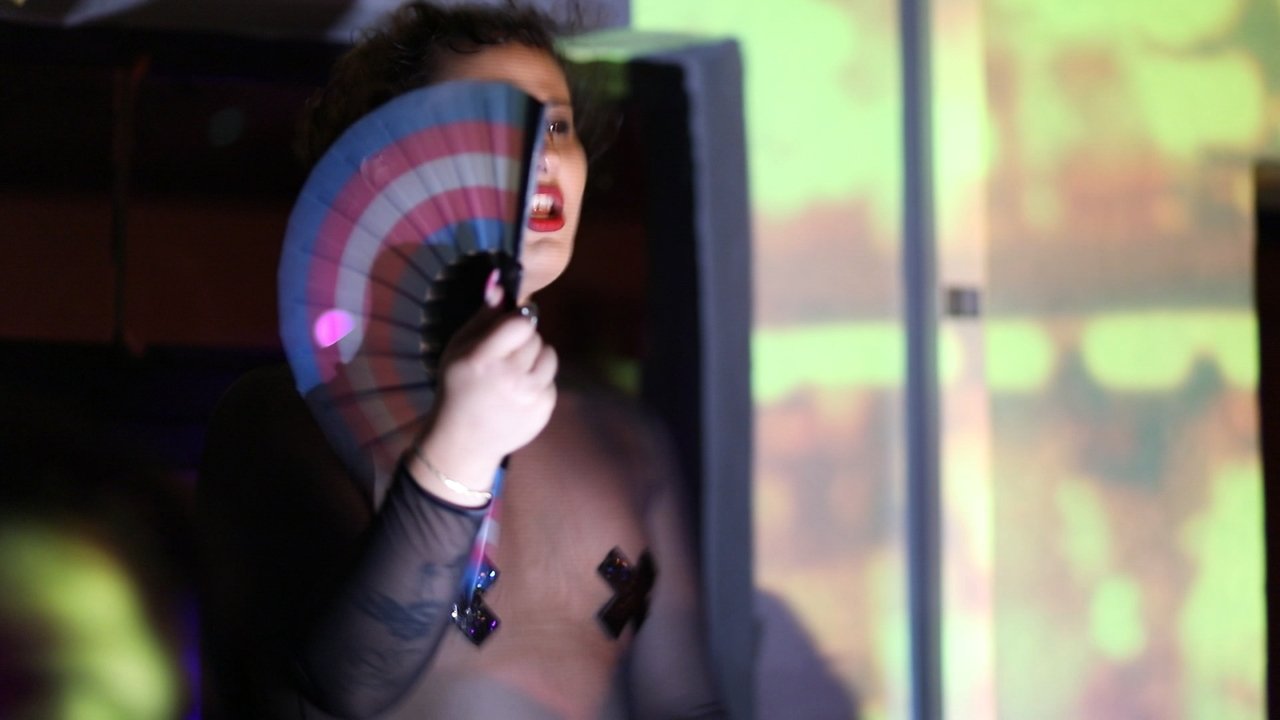
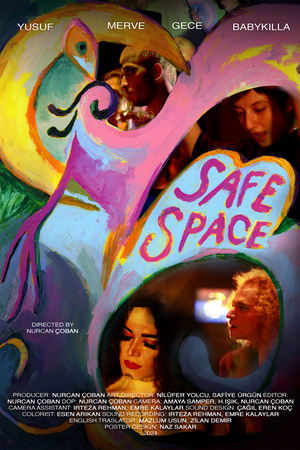
Safe Space(2024)
Istanbul’s Queer Nights: A Dance Between Safety and Freedom
This documentary discusses how LGBTIQA+ people experience the streets and nightlife of Istanbul in terms of a safe space through the unique, yet common experiences of queers from different backgrounds, and focuses especially on nightlife and the issue of safe space there, which is a very critical area for queers to exist as they are.
Movie: Safe Space

Safe Space
HomePage
Overview
This documentary discusses how LGBTIQA+ people experience the streets and nightlife of Istanbul in terms of a safe space through the unique, yet common experiences of queers from different backgrounds, and focuses especially on nightlife and the issue of safe space there, which is a very critical area for queers to exist as they are.
Release Date
2024-06-10
Average
0
Rating:
0.0 startsTagline
Istanbul’s Queer Nights: A Dance Between Safety and Freedom
Genres
Languages:
EnglishTürkçeKeywords
Similar Movies
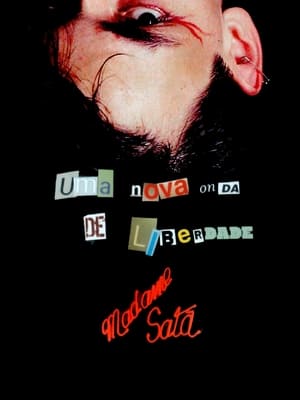 6.0
6.0Uma Nova Onda de Liberdade: A História do Madame Satã(pt)
In operation to this day, the mansion known as Madame Satan began its activities in 1983, and in the 1980s was the main hub of avant-garde artists of the city, from which came out disparate and essential names for music, performing arts, visual arts, journalism, photo and video of Sao Paulo, as well as mythical characters of the night of São Paulo who made history with their absurd and impactful performances.
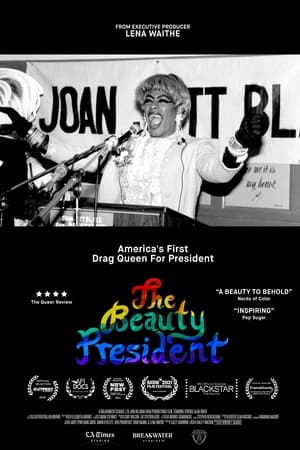 6.0
6.0The Beauty President(en)
In 1992, at the height of the AIDS pandemic, activist Terence Alan Smith made a historic bid for president of the United States as his drag queen persona Joan Jett Blakk. Today, Smith reflects back on his seminal civil rights campaign and its place in American history.
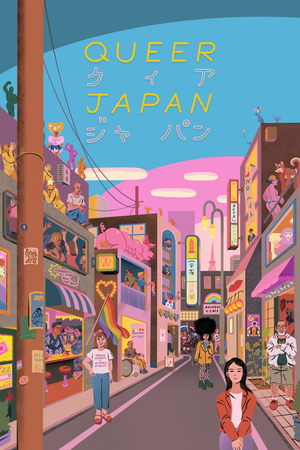 5.0
5.0Queer Japan(ja)
Trailblazing artists, activists, and everyday people from across the spectrum of gender and sexuality defy social norms and dare to live unconventional lives in this kaleidoscopic view of LGBTQ+ culture in contemporary Japan.
 4.0
4.0Where Love Lives: A Story of Dancefloor Culture & Expression(en)
Documentary by the music label Defected and its brand Glitterbox about electronic music, its beginning in New York and its importance for minorities all around the world.
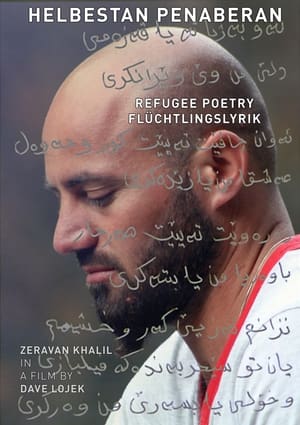 10.0
10.0Refugee Poetry(ku)
The Kurdish Iraqi poet and actor Zeravan Khalil travels with his dog through an Alpine gorge after fleeing from IS war and genocide. As he remembers the abomination, he writes a poem with the title “You drive me mad” in Kurmanji Kurdish. In his home country, Yazidic Kurds are forbidden to work in his profession. Then he eats his apple and wanders through Europe’s middle with more hope.
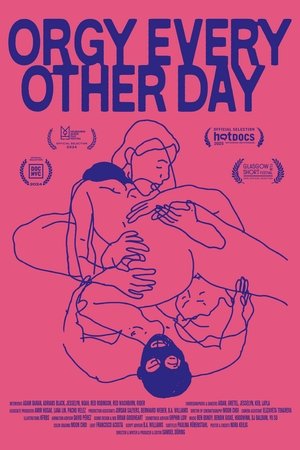 0.0
0.0Orgy Every Other Day(en)
A spicy dive into New York’s underground queer sex party scene.
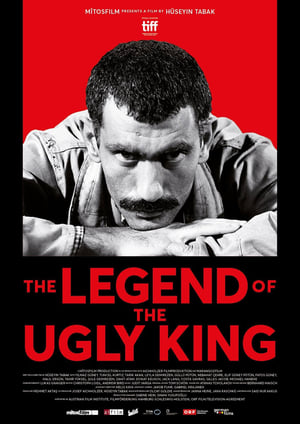 7.0
7.0The Legend of the Ugly King(de)
Director Hüseyin Tabak explores the legacy of Yilmaz Güney — political dissident, convicted murderer, and visionary Kurdish filmmaker — who directed the 1982 Palme d'Or–winning Yol from inside prison and died in exile just two years later.
Moncton Corner(fr)
2005, at the corner of St. George and Robinson Streets; the gray observatory at the corner of temptation, my new apartment, where I am about to live an intense and poetic urban experience in the district of the red light fish & chip. Between the horizontal blades of my venetian blinds, the freaky-deaky city comes alive for me, image by image.
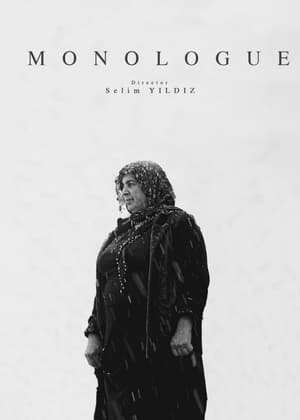 0.0
0.0Monologue(ku)
Sivan Encü, a young Kurdish man, provided for his family by "smuggling" through the Turkish-Iraqi border. When he was murdered in the 2011 Robozik (Roboski) Massacre, the responsibility of family's welfare was taken over by his younger brother Sinan, who lost his life in an unfortunate accident. This is the story of their grief-stricken mother Heyam and her resilience. Alongside Heyam's struggle, the film brings the voices of Robozik elders and notables to the forefront, who have experienced first-hand the social, political and economic dimensions of smuggling, which has been the backbone of survival for the locals for many generations.
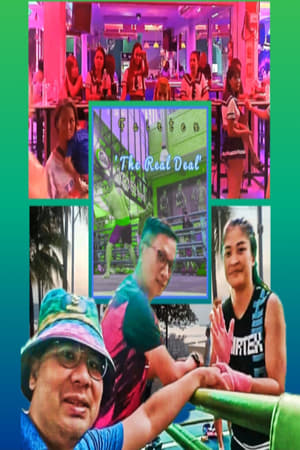 10.0
10.0Fairtex 'The Real Deal'(en)
A traveler finds Muaythai as a hobby in the land of smiles, thailand. Following a visit at fairtex gym, meeting the fighters at the gym, he finally realizes the life; Pattaya has to offer. Mastering Muaythai, with his statement ' Where Borne fighters appear, legends are made', he soon learned the arts of the fighting style and as a freelance legendary fighter his nickname evolve to "The Real Deal".
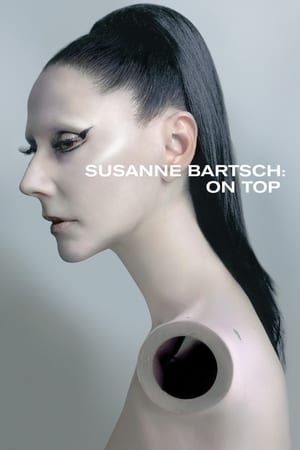 7.0
7.0Susanne Bartsch: On Top(en)
Dubbed New York's "Queen of the Night," proto–club kid Susanne Bartsch has been throwing unforgettable parties for over 30 years and is still going strong.
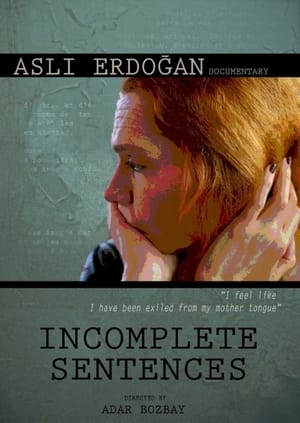 0.0
0.0Incomplete Sentences(tr)
Aslı Erdoğan, world-renowned author and activist, has fallen into silence after she fled to Germany. Incomplete Sentences is a feature documentary on her literature and life, leading to exile in Frankfurt, after the Turkish regime’s oppression results in her unlawful imprisonment. Now, she struggles in exile while everybody is waiting for her to write again. Right after getting out of prison Aslı starts telling her story to the director, wandering in the streets of Istanbul she recites parts from her books and explains the stories behind. When Aslı goes to Germany to receive the Erich Maria Remarque Award she cannot return; thus her exile, which she likens to a semi-open prison, begins. As her health deteriorates and keeps her from writing, the tragedy in her books becomes her own reality.
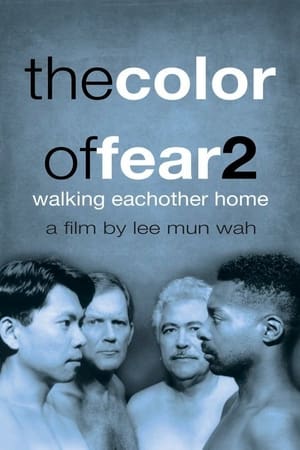 0.0
0.0The Color of Fear 2: Walking Each Other Home(en)
In THE COLOR OF FEAR, eight American men participated in emotionally charged discussions of racism. In this sequel, we hear and see more from those discussions, in which the men talk about about how racism has affected their lives in the United States. We also learn more about the relationships between them, and about their reactions during some of the most intense moments of that discussion.
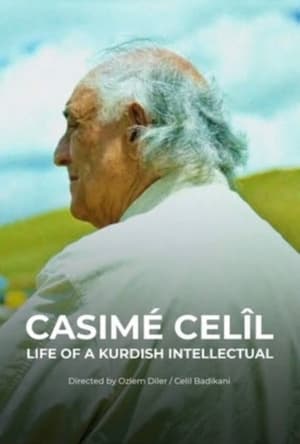 10.0
10.0Jiyana Rewsenbireki Kurd: Casimê Celîl(ku)
Casimê Celîl was born into a Yezidi Kurdish family in 1908, in a village called Kızılkule, located in Digor, Kars. The village and family life, which he longed to remember throughout his life, ends with the massacre they endured in 1918. During his long road to Erivan, Armenia, he lost all his family members. Left all alone, Casim was placed into an orphanage and was forced to change his name. To remember who he was and where he came from, every morning he repeated the mantra “Navê min Casim e, Ez kurê Celîlim, Ez ji gundê Qizilquleyê Dîgorê me, Ez Kurdim, Kurdê Êzîdî me”, which translates to: “My name is Casim, I am the son of Celîl, I come from the village of Kızılkule in Digor, I am a Kurd, and I am Yezidi”. He clings to every piece of his culture he can find, reads, and saves whatever Kurdish literature or art he comes across. As the year’s pass, Casim finds himself with an impressive collection of Kurdish culture and history.
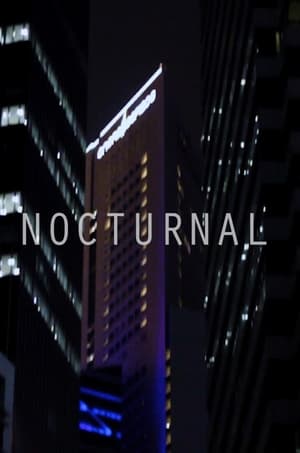 0.0
0.0Nocturnal(en)
A one minute short film showcasing the sights, sounds, and people that characterizes Singapore's nightlife.
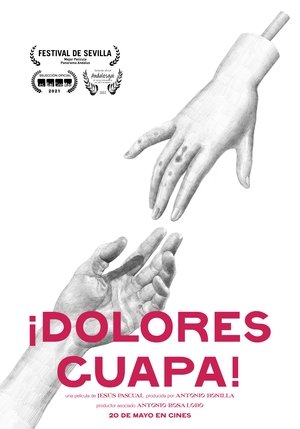 4.7
4.7Dolores guapa!(es)
Religious-based images and traditions permeate the lives of all the people who inhabit Seville. Historically, the city's mariquitas ("sissies") have also assimilated them in their childhood and, through them, have been creating their own encounter spaces and their own codes. Nowadays, new dissident identities continue to respond to them: they participate or distance themselves, they continue what exists or transform it. This film looks at these traditions from a perspective always relegated to the margins.
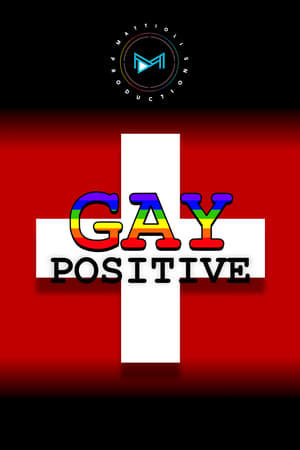 5.5
5.5Gay Positive(en)
Gay Positive is the story of one man trying to bring to attention the outdated ban on gay men donating blood in the United States of America. This documentary is meant to inform and educate people on this controversial issue. A woman who recently received her nursing degree presents facts that could suggest that in order to keep our blood supply clean and abundant, we must update our current screening process for potential donors. By taking the camera to the streets, Gay Positive captures the opinions of people from many walks of life regarding how they feel about the ban today. One of the questions posed was, "If you were in need of a blood transfusion and the donor was healthy, would it concern you if this generous individual was a gay male?" Recent history proves that when tragedy strikes, donor centers are often in short supply and struggle to meet demand. The ban forces organizations such as The Red Cross to reject willing, disease-free, healthy individuals.
